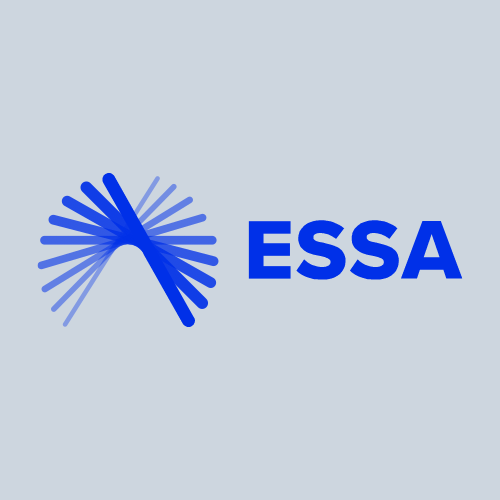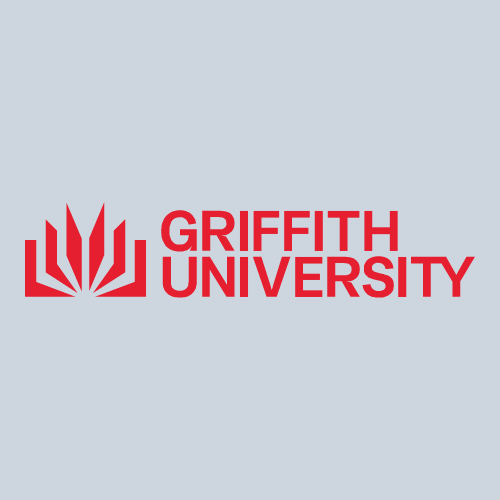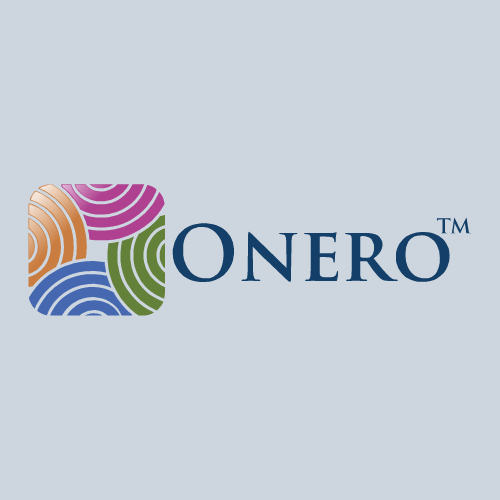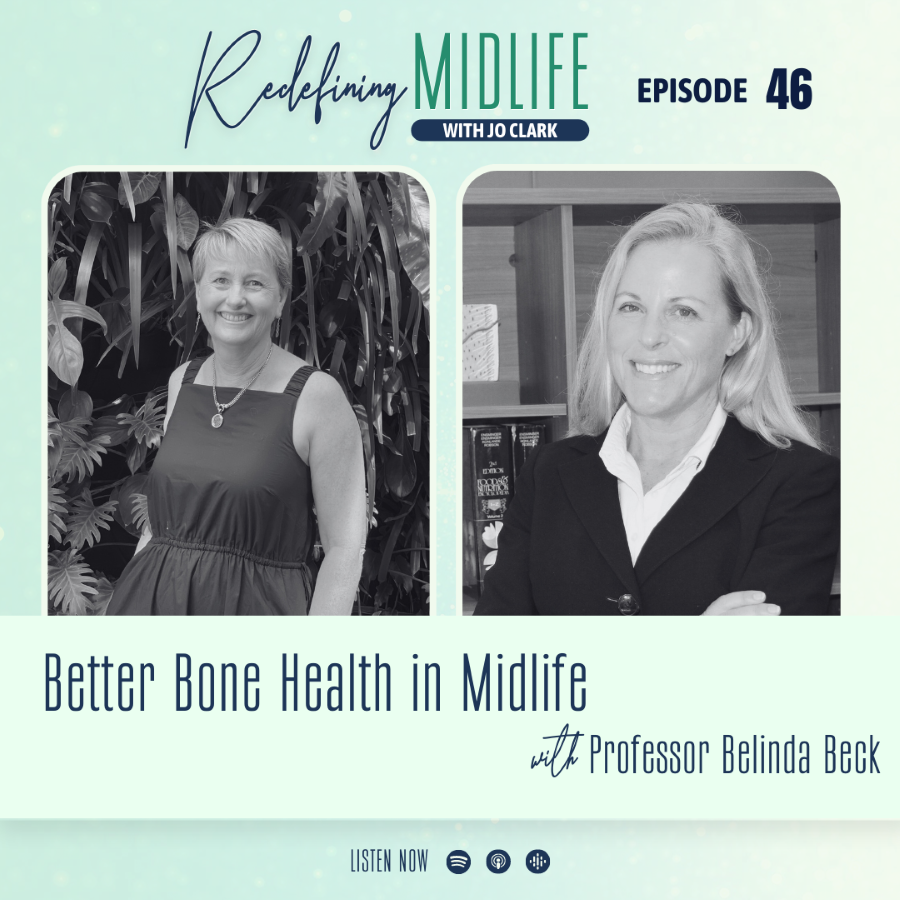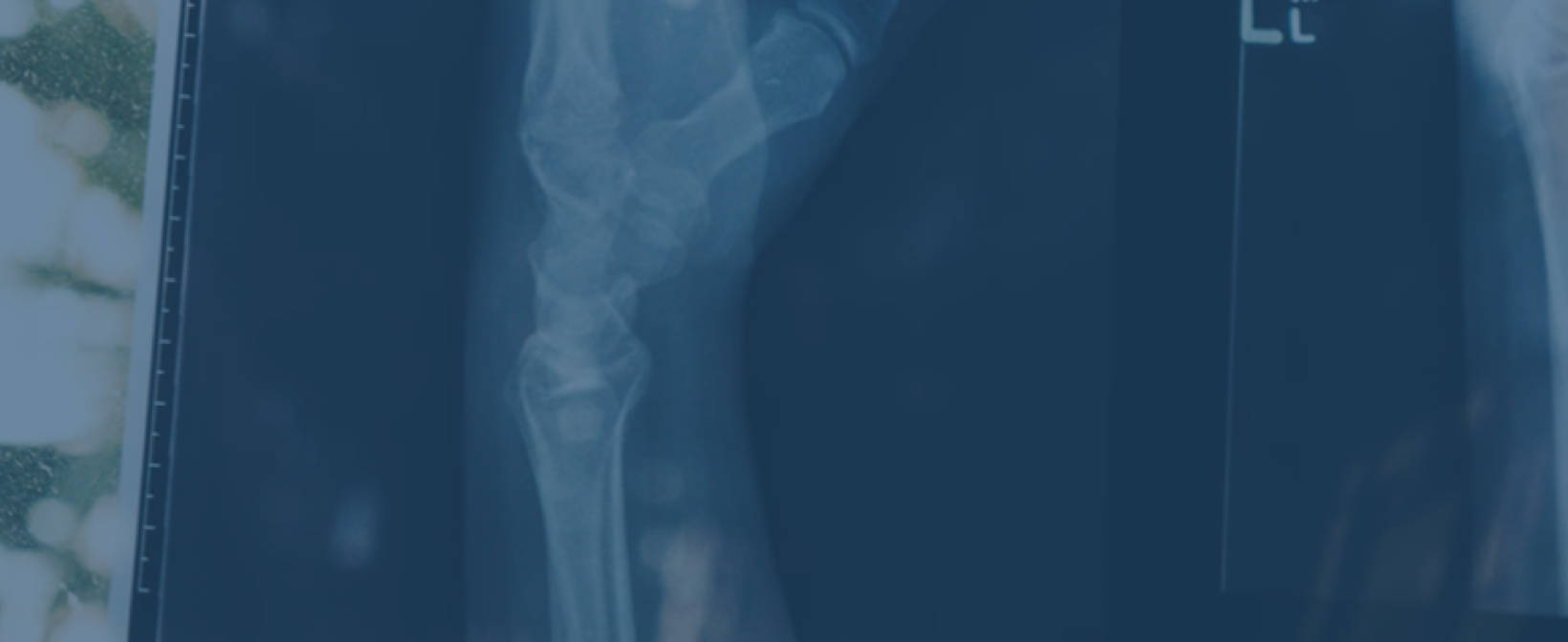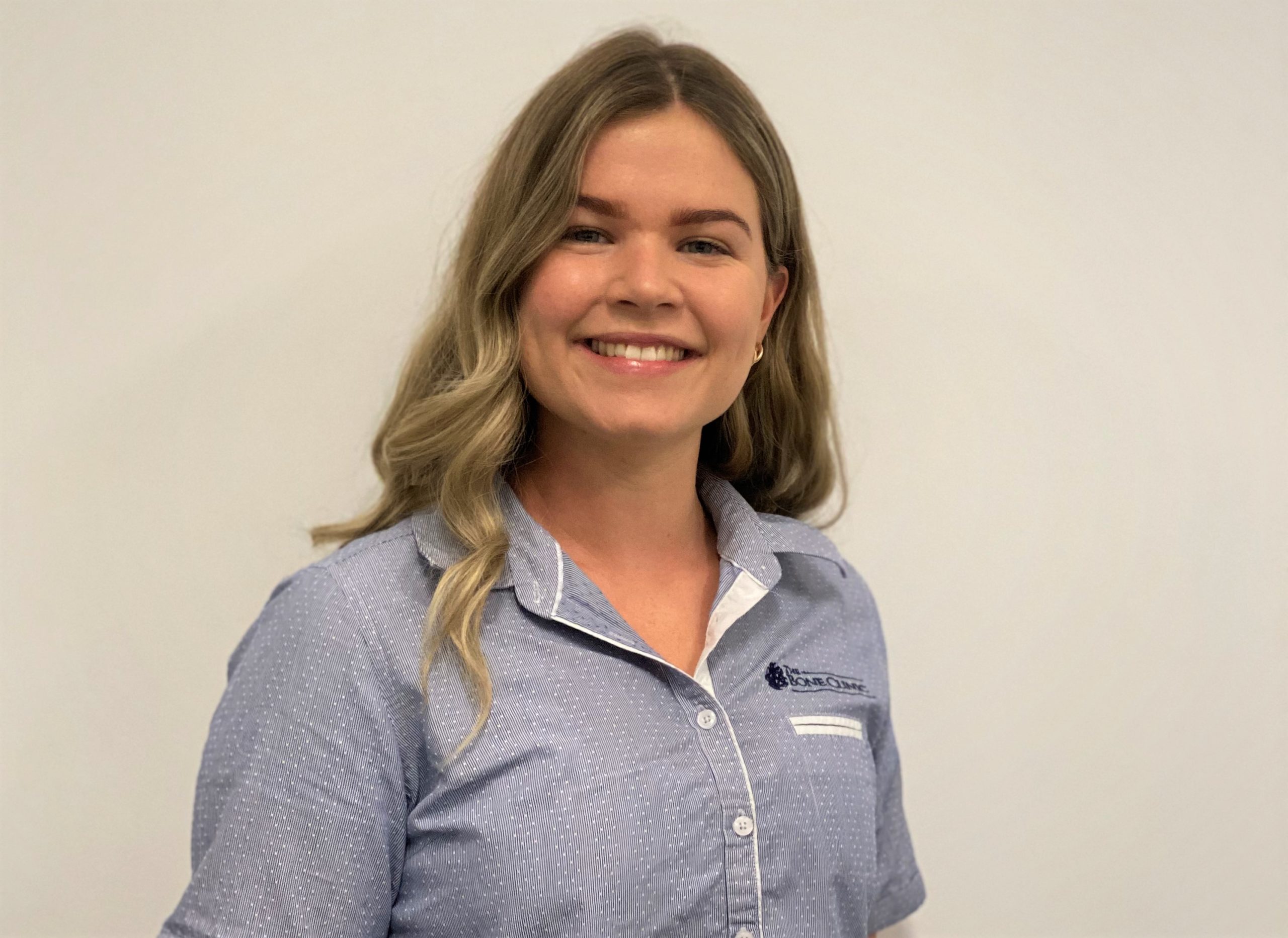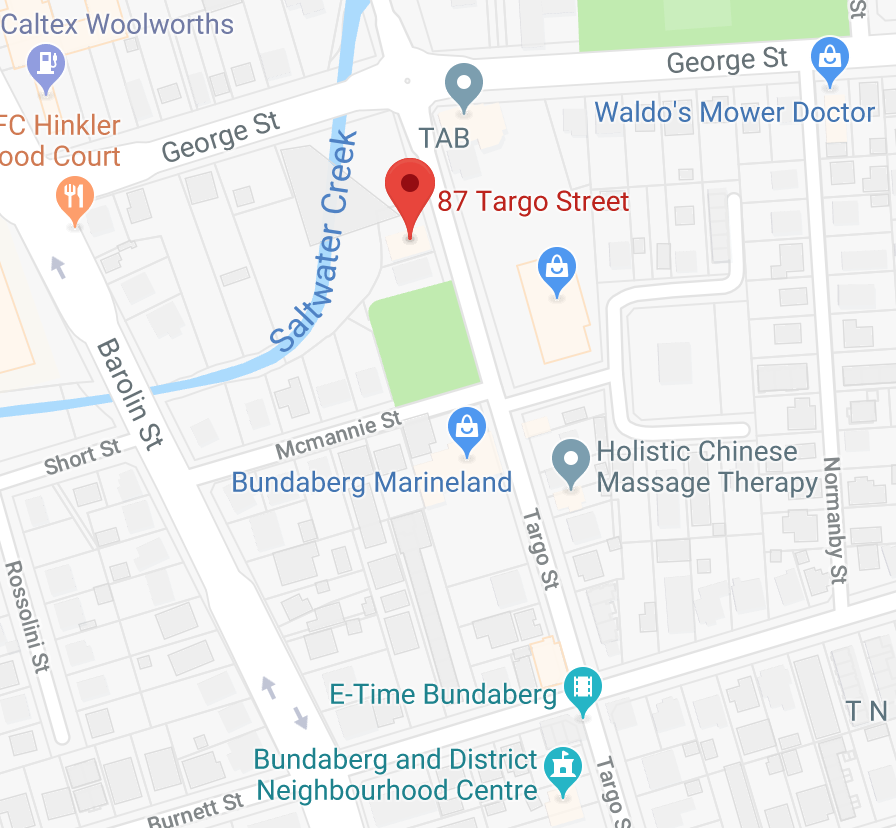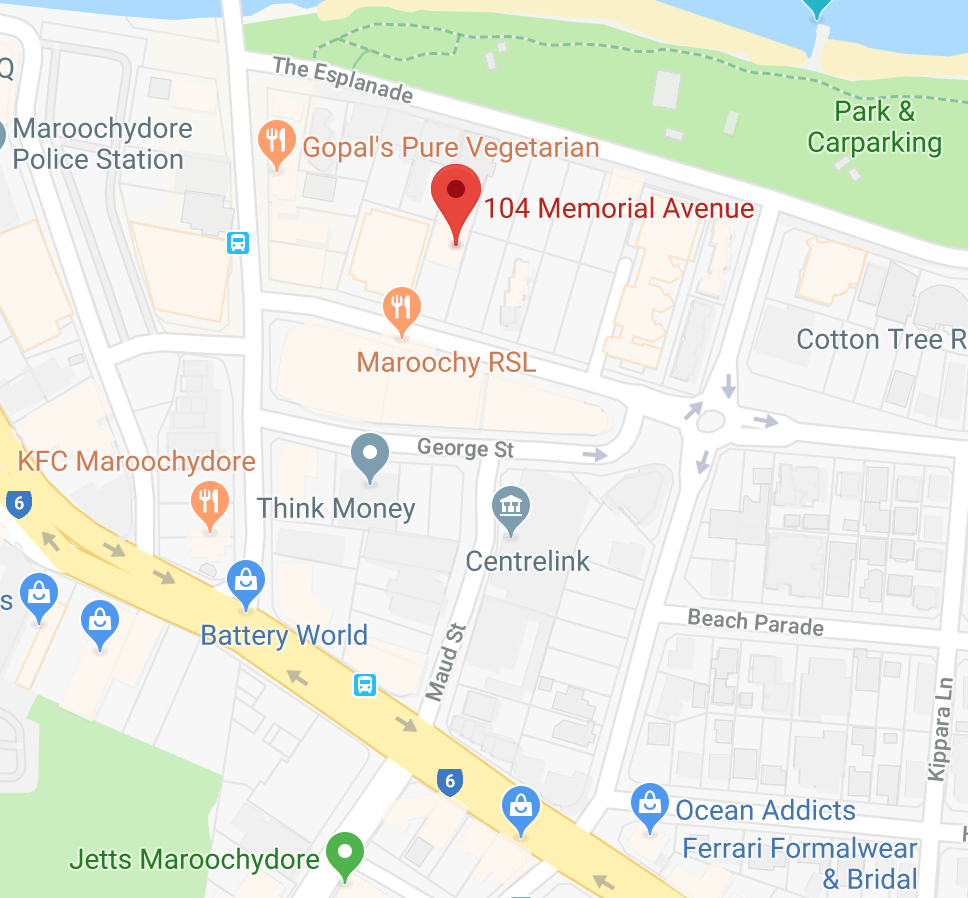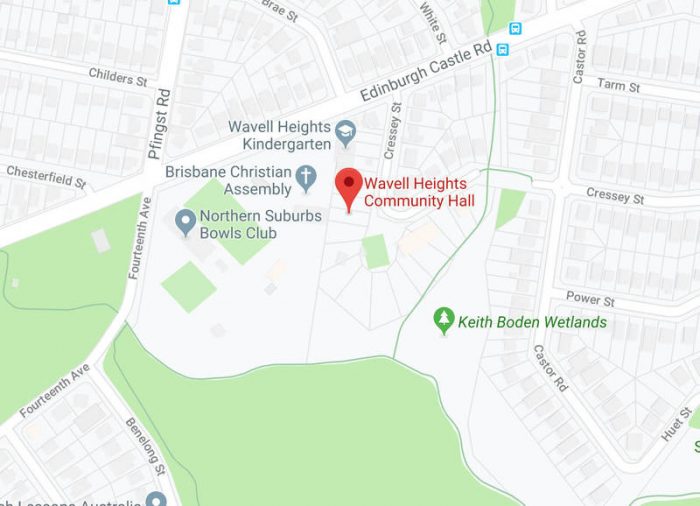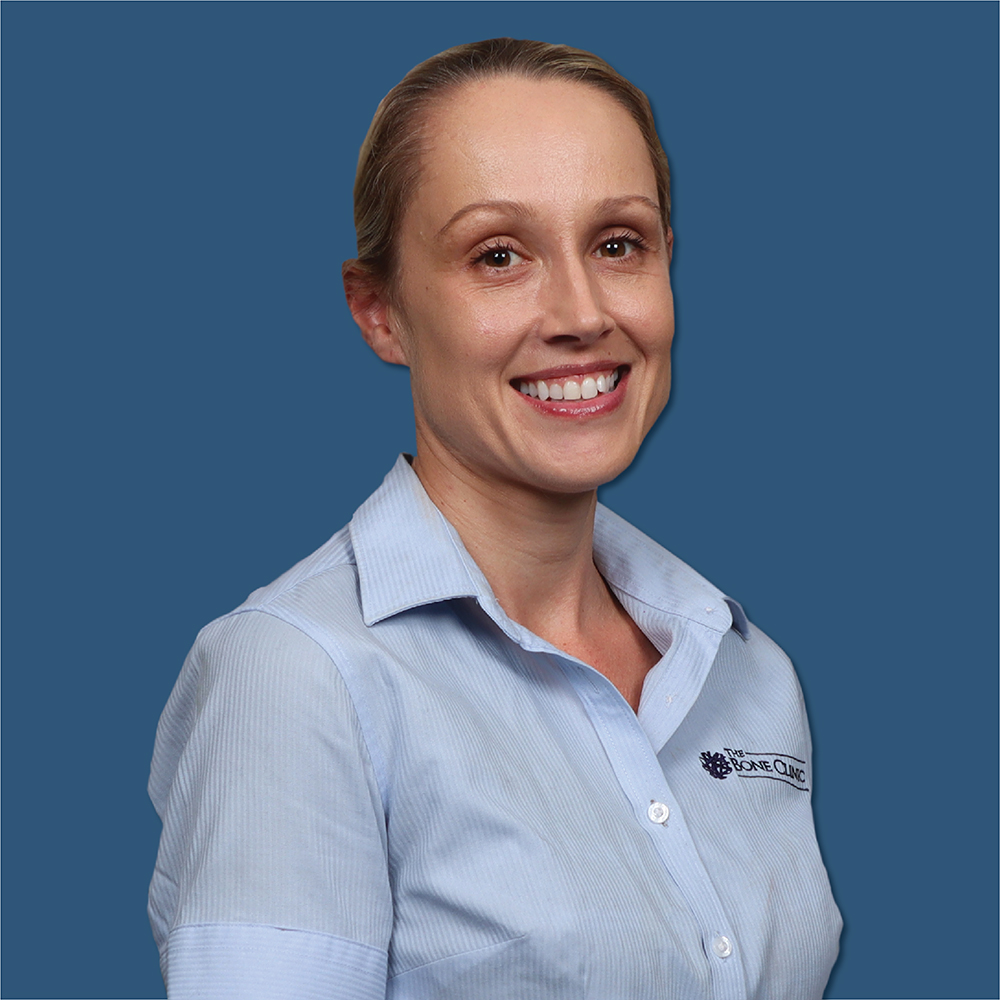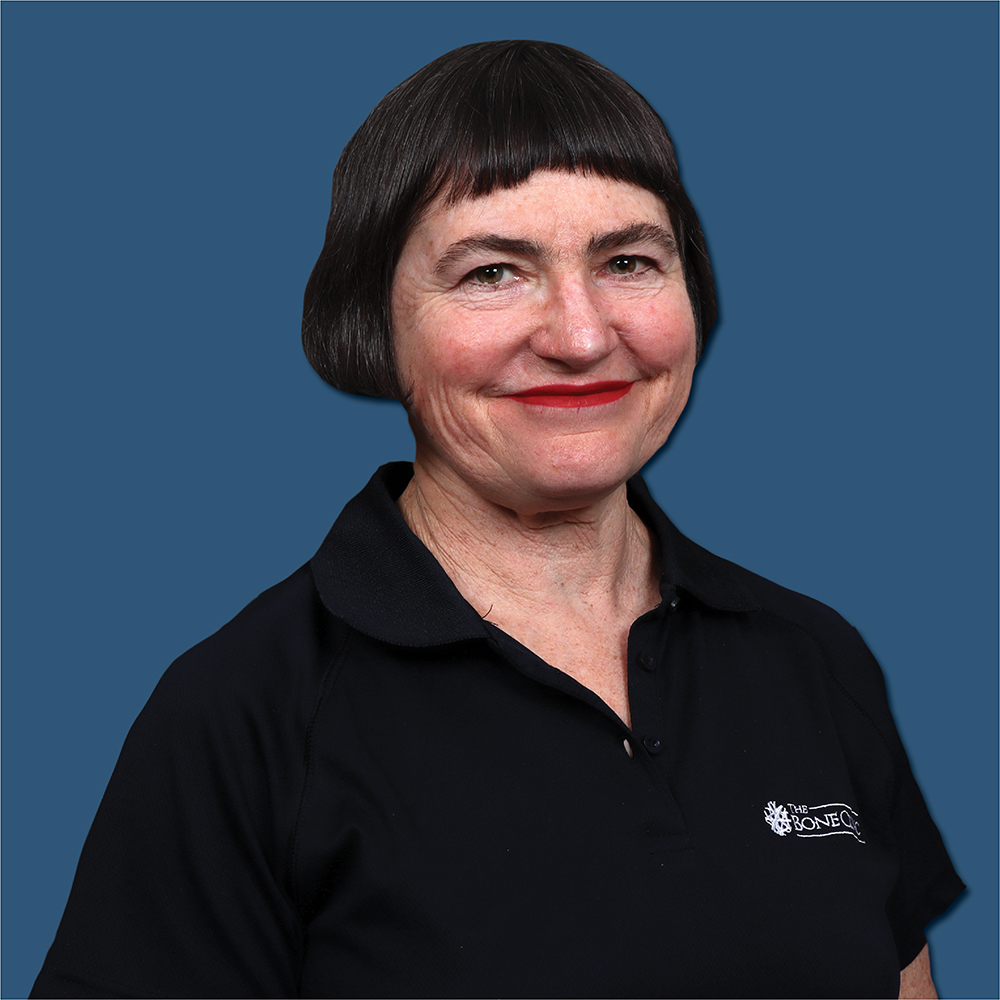Clinical Standards for the Prevention of Osteoporotic Fractures in Australia
We are proud to announce that ONERO® is now officially part of the recommended Clinical Standards for the Prevention of Osteoporotic Fractures in Australia. The Standards were written by expert stakeholders including doctors and scientists as well as patients. Thirty-seven stakeholder groups were consulted on the draft, and 25 professional organisations endorsed the final version. This is clear objective recognition that ONERO® is considered to be safe and effective therapy for the prevention of fractures and should be part of the treatment plan for every person who is at increased or increasing risk of falls, low bone mass and minimal trauma fracture.
You can read the Standards here: https://theboneclinic.com.au/wp-content/uploads/2026/01/SOSFA-Clinical-Standards-for-Fracture-Prevention-2025.pdf


